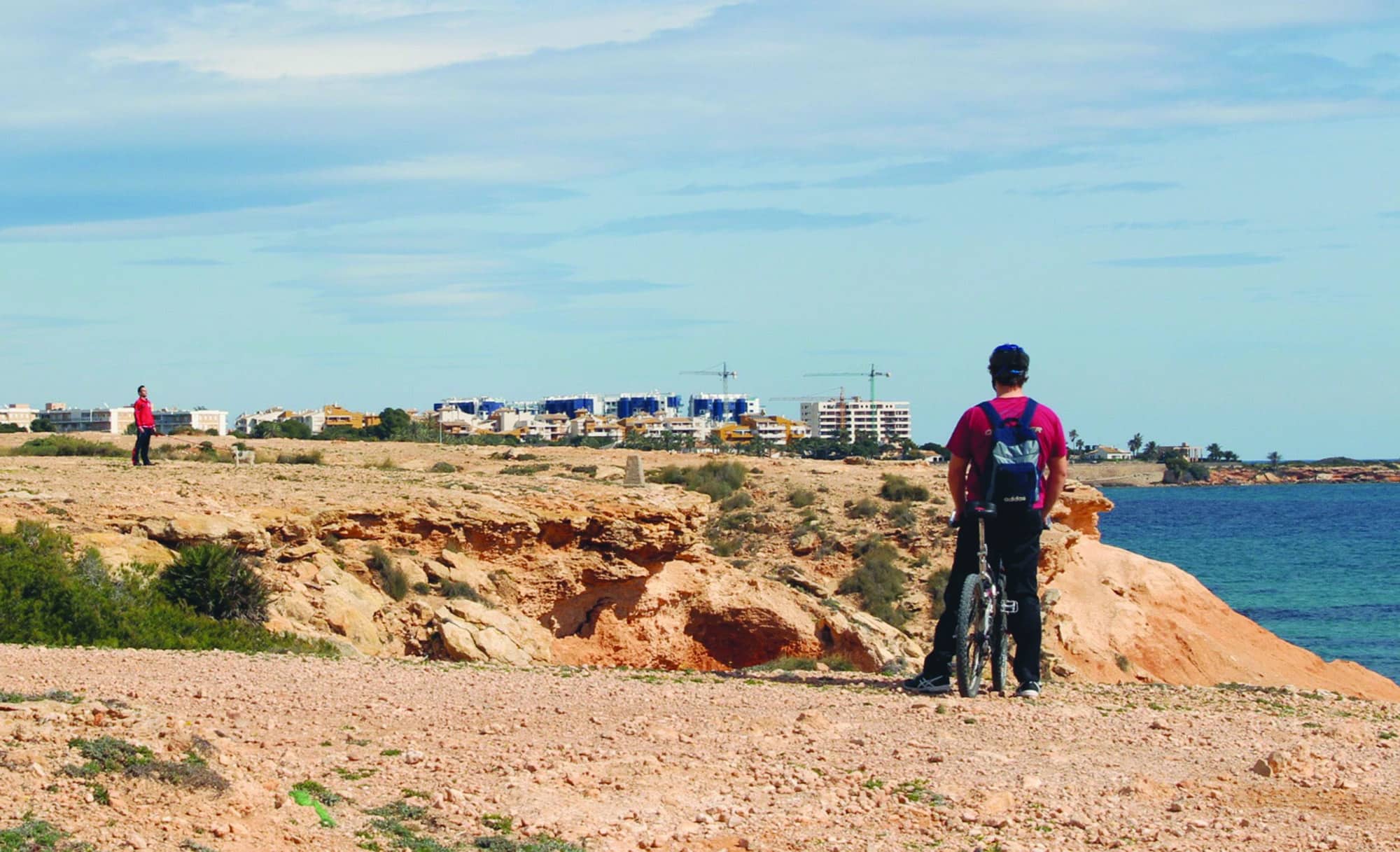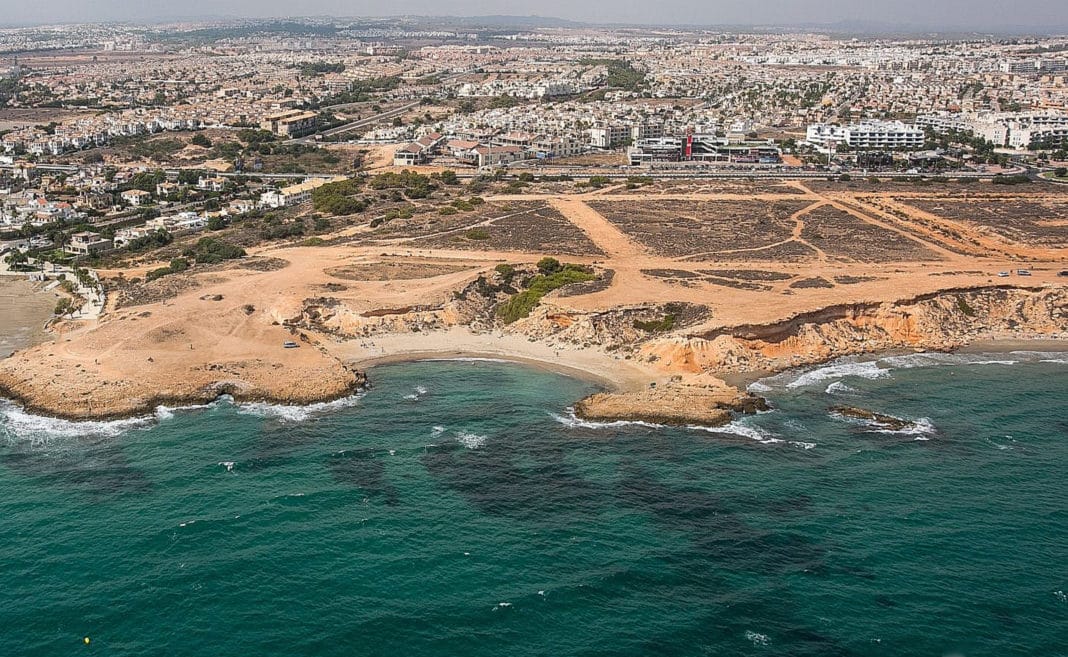The developer, and owner of the designated building plots at Cala Mosca, the very last kilometre of green space on the Orihuela Costa, has warned that there will be a “cascade of compensation cases” if the developable land is declassified when it is debated in the Valencian Parliament in Tuesday.
The company has sent a letter to all the members of the Public Works, Infrastructure and Transport Commission of Las Cortes, who will vote on this motion, urging them to vote against the proposal, warning the deputies that it has the physical and legal rights of this urban development and, if the land classification is changed, it will ask for loss of profits that it estimates at 213,473,600 euros, to which “compensation for other damages” should be added.
In calculating this loss of earnings, Playa Salvaje has made an impact assessment of 800 euros per square meter of capital loss for which it would seek compensation, in addition to the project fees and expenses, and the urbanization works already carried out.
The letter, signed by the promoter Esteban Gomendio, states that they have already carried out 70% of the urbanization works, including construction of the access roundabout to the area and the internal road network, although all are currently closed because of the presence of varieties of threatened and protected flora and fauna that has since been detected in the sector.
The deputy spokesperson of the Unides Podem-Esquerra Unida coalition, Estefanía Blanes, has asked the different political groups to support the motion and not to give in to the “pressure” of the Cala Mosca urban development company.
“We have presented this proposal because we believe that we have the obligation and the duty to protect this natural space and the Cortes must now also support it politically.” She denounces the “pressure from real estate interests” that the deputies have been subjected to so that this motion is not approved. Blanes said that the company’s letter “is not going to stop us and we are sure that the rest of the political groups are not going to be influenced either and are going to support us.”
On the occasion of the International Soil Conservation Day, last week, the spokesperson for AVOCA (La asociación de vecinos CABO ROIG Y LOMAS), Tomás Moreno, wrote an opinion article for the news website vegabajadigita.com, in which he called Cala Mosca “a true lung for our area, where protected species of flora and fauna live, and which it is essential to conserve.”

He was quite clear in his article that the 2,200 homes that are planned to be built in Cala Mosca, with their more than 5,000 potential new residents, are going to seriously affect the quality of life of the people who already live in Orihuela Costa.
He states that there is already a serious inadequacy in the services that the area has suffered for many years. There are deficiencies in the essential services of waste collection, pruning, disposal of household goods and street cleaning, which will be further degraded with the construction of the new homes, if resources are not resized, something that will be impossible given the current budget. The lack of police officers and security will also be worsened by such an increase in population.
Late last month the Ecologists in Action organisation awarded a ‘Black Flag’ to Cala Mosca, classifying it as one of the 48 worst beaches for pollution or poor environmental management, after analysing almost 8,000 kilometres of Spanish coastline.
Local party Cambiemos, together with their coalition partners, CLARO, have been battling against the project since it was first muted in 2007. Leader Carlos Bernabé said, “this project not only involves the destruction of a unique natural space, but the population increase would mean a deterioration in the already precarious situation of public services in the area”.
So it seems that just about everybody, apart from the Orihuela Municipal Council and the promoter Esteban Gomendio, are very much against the urbanisation of Cala Mosca, as they jointly highlight the inherent problems that it will bring, but one wonders if the price being put on the claim for compensation might just take the choice away from the politicians, especially if the payment has to be found from within the budget of the Valencian Community.





